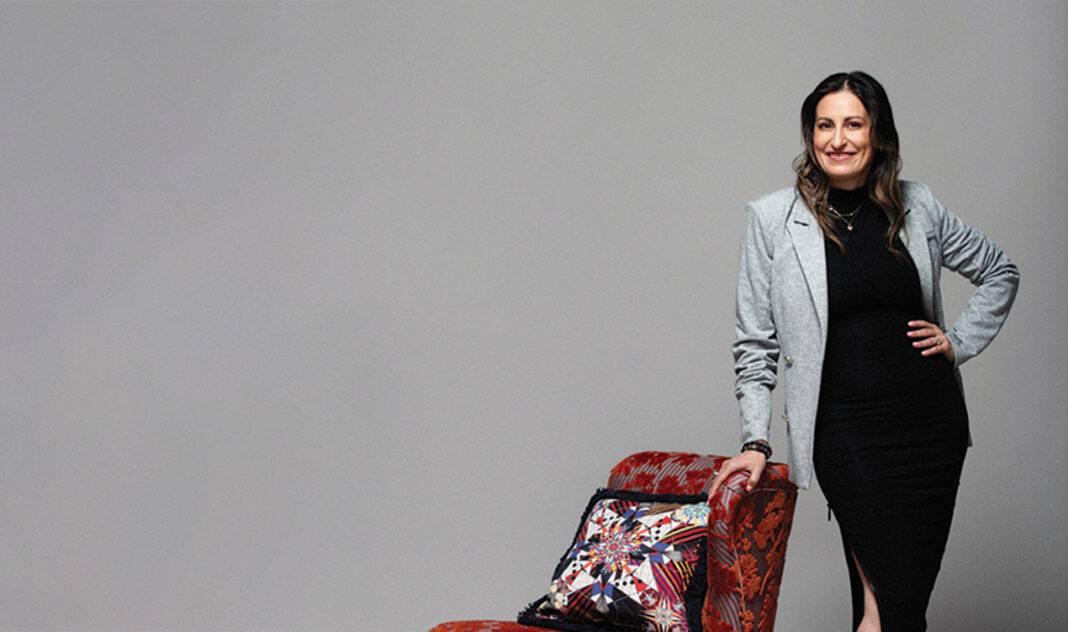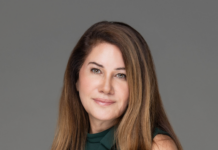In the world of healthcare, where medications are often considered the go-to solution, Lidia Molinara stands as a voice of caution and reason. As a seasoned pharmacist with three decades of experience, she emphasizes the need for a mindful approach to medication, urging us to reconsider our seemingly secure “medication mindset.”
The Symbolism of the Snake
In a conversation that feels more like an intimate interview than a formal presentation, Lidia starts by unraveling the symbolism behind the snake, a creature often associated with medicine. “Snakes shed their skin,” she notes, drawing a parallel between this natural process and the rejuvenating nature of medicine. The snake’s venom, when used in the right amount, is medicinal—a potent reminder that moderation is key. Too little won’t work, and too much can be deadly.
The Prevalence of Medication Use
Lidia quickly transitions to the staggering statistics surrounding medication use. “Millions of us take medications on a daily basis,” she states, highlighting that over a billion drugs were prescribed or provided last year alone. With 72% of office visits resulting in drug therapy and 46% of people taking at least one prescription drug in the past 30 days, Lidia underlines the ubiquity of medication in our lives.
The Unseen Dangers
Despite the widespread acceptance of medication as a primary treatment method, Lidia draws attention to a concerning reality—medication-related events are the fourth leading cause of death in America, surpassing even car accidents. She acknowledges that each one of us likely knows someone with a story about how medication caused harm, whether through accidental overdose, mixing medications, or not adhering to prescribed regimens.
The Call for Mindful Medication Practices
As a certified patient safety officer and clinical prescribing pharmacist, Lidia reflects on her own experiences witnessing preventable situations that led to irreversible harm and, tragically, death. The solution, according to Lidia, lies in a holistic approach encompassed by the acronym ACE: A for Advocate, C for Communicate, and E for Educate.
Advocacy: Breaking Down Barriers
Lidia urges us to become advocates for our own health. By speaking up, we can remove barriers that might otherwise hinder effective communication with healthcare professionals. She emphasizes the importance of understanding that our voices matter and can shape the course of our medical care.
Communication: Clear Reporting Saves Lives
Communication, according to Lidia, is the linchpin of safe medication practices. She encourages individuals to provide clear and accurate reports of their health situations. By doing so, we enable healthcare providers to make informed decisions, reducing the risk of harmful events.
Education: Asking the Right Questions
The third component of Lidia’s approach is education. She stresses the significance of learning to ask the right questions about our medications and knowing when to seek clarification. This knowledge empowers individuals to take an active role in their healthcare, fostering a partnership between patients and healthcare professionals.
A Personal Testimony
Lidia’s commitment to her principles extends beyond her professional life. She shares a personal anecdote about her own 9-month-old daughter’s hospitalization. Applying the principles of ACE, Lidia averted a potential overdose that could have resulted in permanent hearing loss, kidney damage, or even death. Her experience serves as a poignant reminder that these practical tools are not only theoretical but can be life-saving in critical moments.
As Lidia Molinara advocates for a mindful approach to medications, she leaves us with a profound insight—taking care with meds is not just about managing prescriptions; it’s about navigating our entire healthcare journey with intention and knowledge. In a world where medication is often seen as a quick fix, Lidia’s ACE approach encourages us to slow down, communicate effectively, and educate ourselves, ensuring that our healthcare decisions are thoughtful and, above all, safe.








